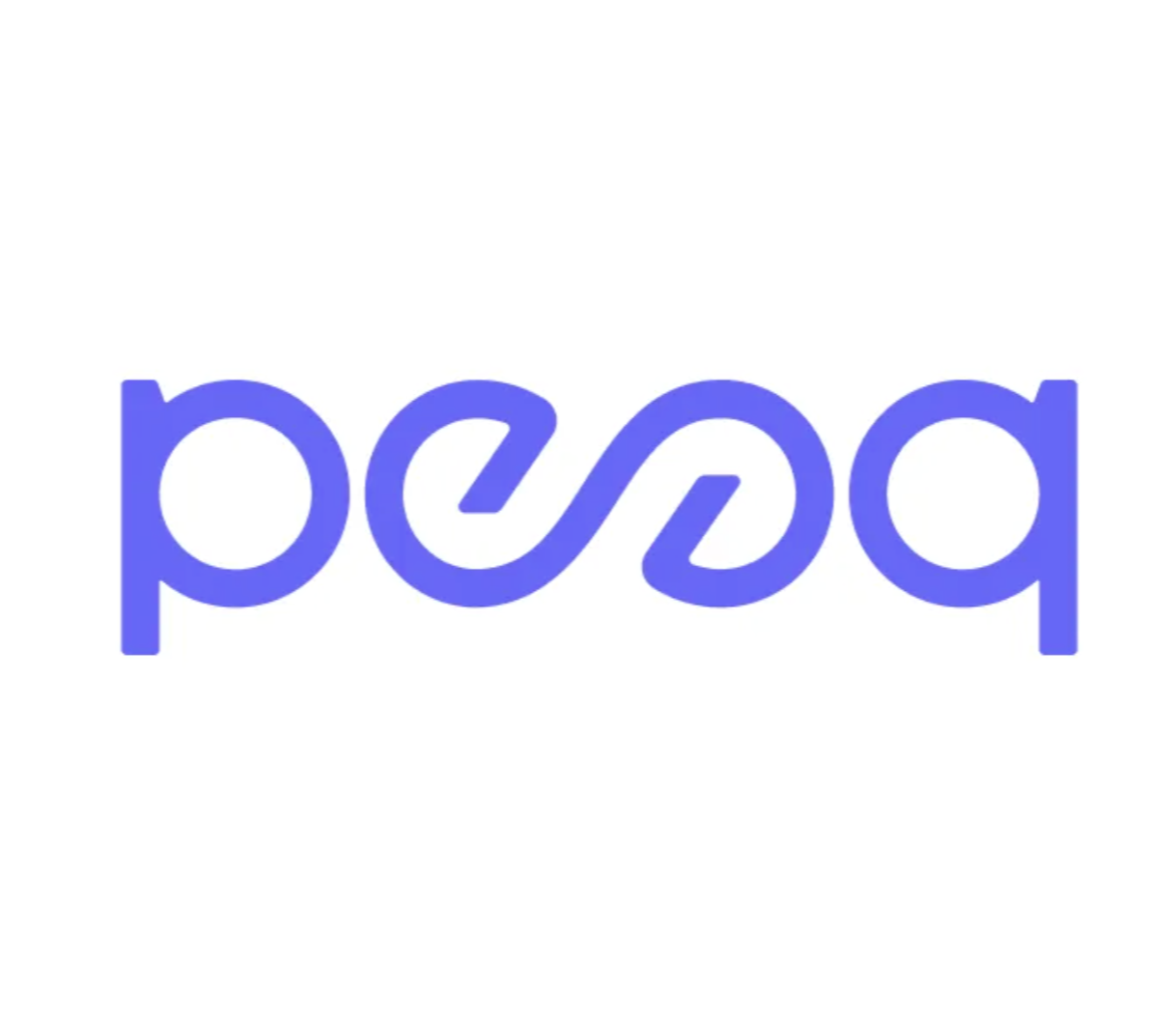The DePIN Explorer - DePIN Scan
Trending 🔥
DePIN Market Cap
$15,976,618,914
Volume
$3,395,748,135
-30.5%
DePIN Projects
312
DePIN Devices
22,061,720
DePIN Projects
Liquidity mining page highlights DePIN projects that have special promotions to grow their liquidity pools on certain DePIN dexs to ultimately help grow the network. Currently 5 DePIN projects are listed here.
Project | Token | Category | Market Cap | Token Price | |
|---|---|---|---|---|---|
 | GEOD | Sensor | $82,785,378 | $0.261 | |
 | WIFI | Wireless | $6,374,971 | $0.011 | |
 | XNET | Wireless | $1,863,483 | $0.018 | |
 | DWIN | Wireless | - | $0.028 | |
 | ATOR | Server | $23,286,101 | $0.291 |

a day ago
DeFi Protocols Showcase Remarkable TVL Growth in Recent MonthIn the ever-evolving landscape of decentralized finance (DeFi), Total Value Locked (TVL) serves as a critical metric for assessing the growth of various protocols. Recent data from Phoenix Group has revealed significant TVL increases across several projects in the past month, attracting the attention of investors and crypto enthusiasts alike. Among the top 15 projects, BUIDL has emerged as the standout performer, showcasing a remarkable 219% growth in TVL, which now stands at $1.8 billion. This tokenized money market fund, powered by BlackRock and built on the Ethereum blockchain, has seen its value triple in just three weeks, reflecting a heightened demand for secure crypto assets.
Following BUIDL, Sonic (S) has secured the second position with a 171% increase in TVL, demonstrating the platform's growing influence since its rebranding from Fantom. Level Finance (LVL) comes in third with a 123% growth, attributed to its unique offerings in the DEX perpetual trading marketplace on the BNB Chain. Euler (EUL) and Sky (SKY) round out the top five, with TVL growths of 105% and 55.6%, respectively. Sky's recent rebranding from Maker to Sky has successfully attracted more users to its platform, further enhancing its market presence.
Other notable projects that have seen impressive TVL growth include DeepBook (DEEP) with a 53.8% increase, Idle Finance (IDLE) at 51.9%, and Beethoven X (BEETS) with a 47.9% rise. The data highlights a vibrant DeFi ecosystem, with projects like Orderly Network (ORDER) and Pell Network Token (PELL) also making significant strides. As the DeFi space continues to mature, these growth metrics underscore the increasing interest and investment in innovative financial solutions within the blockchain realm.

2 days ago
Significant Growth in Total Value Locked Across DeFi ProjectsThe total value locked (TVL) in various cryptocurrency projects has seen remarkable growth, as highlighted in a recent research document by Phoenix Group, which utilizes data from DeFiLlama. TrueFi (TRU) has emerged as the leading project, boasting a TVL increase of $260.2k, equating to an impressive 424% surge. This growth positions TrueFi ahead of its competitors in terms of locked value, showcasing the increasing investor confidence in decentralized finance (DeFi) markets.
Following TrueFi, three DeFi projects—Mint ($MINT), Maple ($MPL), and Zircuit ($ZRC)—have also experienced notable TVL growth. Mint currently holds a TVL of $1.5 million, while Maple and Zircuit report $454.4 million and $890.8 million respectively. This upward trend in TVL indicates a growing trust among investors and heightened activity within the DeFi sector, reflecting a broader acceptance of decentralized financial applications.
Additionally, other protocols such as Note ($NOTE), Euler ($EUL), and Velodrome ($VELO) have shown substantial TVL increases, with values rising to $13.5 million, $377.1 million, and $66.7 million respectively. The overall growth in TVL across multiple platforms signifies a diverse and expanding DeFi landscape, driven by enhanced liquidity and user engagement. As protocols like $IDLE, $PUFFER, $BLUE, and $CPOOL report successive growth, the ongoing trends are reshaping the DeFi ecosystem, attracting more capital inflows and reinforcing the foundation of decentralized finance networks.

2 days ago
The Rise of Decentralized Physical Infrastructure Networks in Cloud ComputingAs technology continues to evolve, the Decentralized Physical Infrastructure Network (DePIN) is emerging as a transformative force in the realm of cloud computing. Built on blockchain technology, DePIN utilizes individual hardware devices, known as nodes, which can range from personal computers to IoT devices. This decentralized network eliminates the need for a centralized authority, enhancing security and transparency while outperforming traditional systems in efficiency and scalability. With the rise of AI applications, decentralized networks are becoming essential for managing data collection and processing, as highlighted by a recent CoinDesk report indicating that the market capitalization of DePIN tokens has exceeded $25 billion, driven by advancements in computing and AI sectors.
Several projects exemplify the potential of DePIN technology. Akash, often referred to as the "Airbnb of cloud computing," connects sellers of excess computing resources with buyers, creating an open-source platform for cloud services. Meanwhile, io.net focuses on providing a decentralized GPU network for machine learning applications, boasting 83,000 GPUs and significant cost savings compared to traditional providers. Grass, another DePIN initiative, allows users to share their internet bandwidth in exchange for rewards, while Koii aims to democratize access to decentralized computing by enabling any device to participate in the network, thus broadening the scope of user involvement and reward opportunities.
Despite the promising advancements, the DePIN market faces challenges in establishing a sustainable revenue model. Many projects rely on a dual-token system to balance supply and demand, akin to the Goldilocks problem of finding the right equilibrium. To foster growth, initiatives like Koii's EZSandbox are simplifying the onboarding process for developers, providing tools and resources to create and test decentralized applications. Collaborations, such as Koii's partnership with the Web3 search engine Adot, further enhance network efficiency and accessibility. As the reliance on cloud computing grows, DePIN platforms like Koii, Akash, and Grass are poised to reshape the landscape of decentralized computing, making it more accessible and cost-effective for users worldwide.

3 days ago
India Hosts First-Ever Solana DePIN Summit in BangaloreBangalore, India’s tech hub, recently hosted the first-ever Solana DePIN Summit on March 25, 2025, marking a pivotal moment for the country’s digital landscape. This event gathered both Indian and international startups focused on Decentralized Physical Infrastructure Networks (DePIN), providing a unique platform for innovators to present their ideas to a global audience of investors. The summit highlights the growing trend of blockchain startups in India, particularly in the DePIN sector, which integrates IoT, energy networks, and wireless communications with blockchain technology to create more efficient and decentralized infrastructure solutions.
One of the key players at the summit was Wifi Dabba, a Y Combinator-backed startup based in Bangalore, which served as the title sponsor. Wifi Dabba utilizes Solana's blockchain to enhance broadband access in Tier 2 and Tier 3 cities through a DePIN model, collaborating with local operators under India's PM-WANI initiative. Co-founder Shubhendu Sharma emphasized that Solana's choice of India for its inaugural DePIN Summit underscores the country's growing presence in the Web3 space, as Indian startups leverage blockchain technology to tackle real-world challenges, particularly in bridging the digital divide.
Despite having only 41 million fixed broadband connections compared to China's 600 million, India is poised to make significant strides in its digital infrastructure. The DePIN model proposed by Wifi Dabba aims to lower the barriers to entry for broadband access, aligning with the Telecom Regulatory Authority of India's goal of achieving 100 million broadband users by 2030. Events like the Solana DePIN Summit are crucial for amplifying India's role in the global DePIN landscape, showcasing local talent and fostering international collaboration, ultimately positioning India as a key player in Web3 innovations and decentralized infrastructure development.
Signup for latest DePIN news and updates


.png)




.jpeg)

